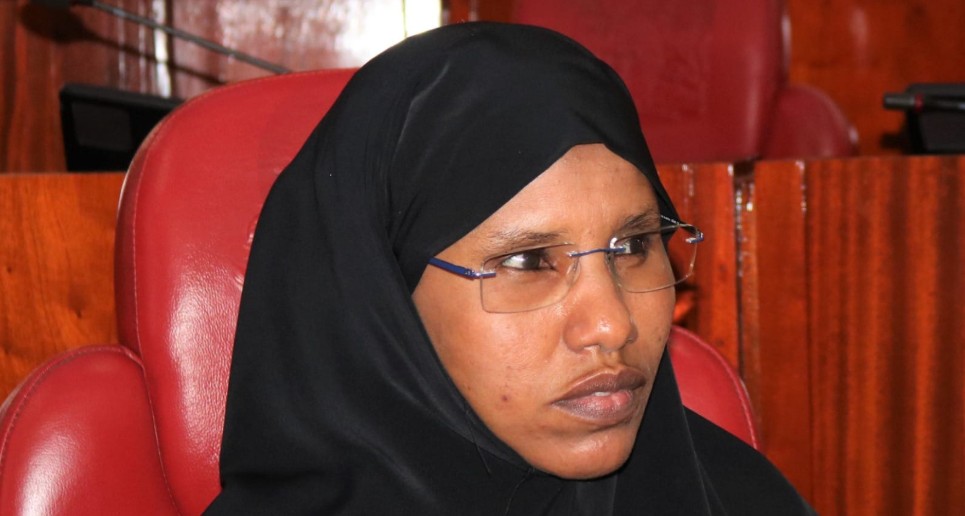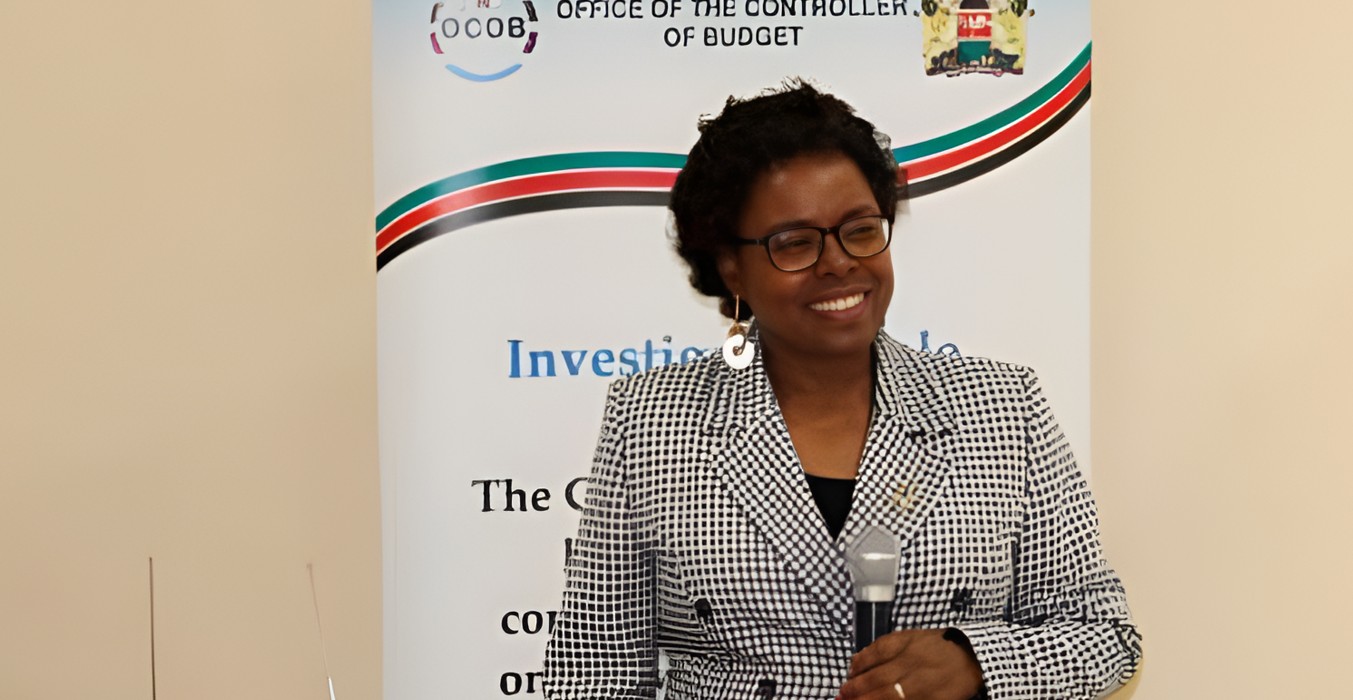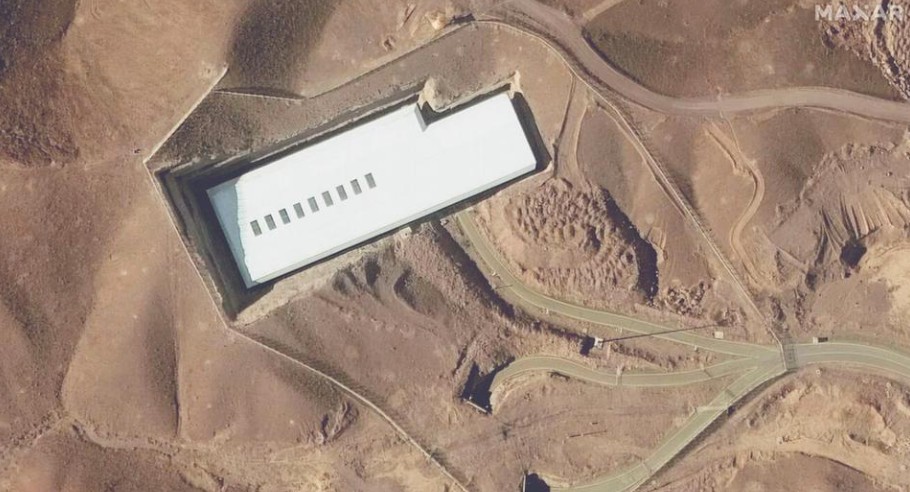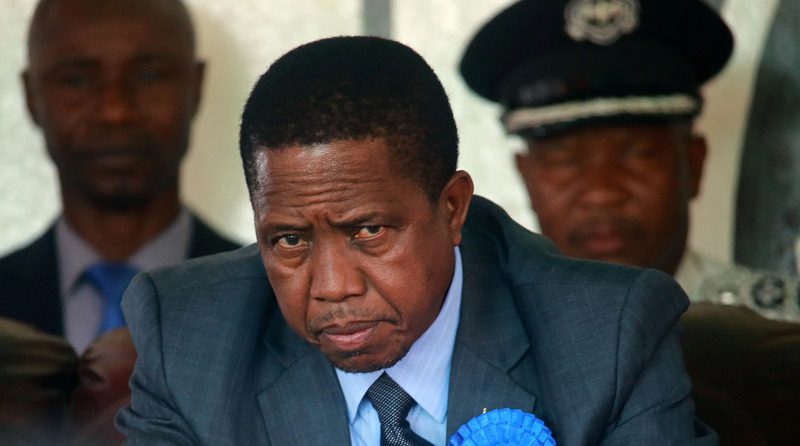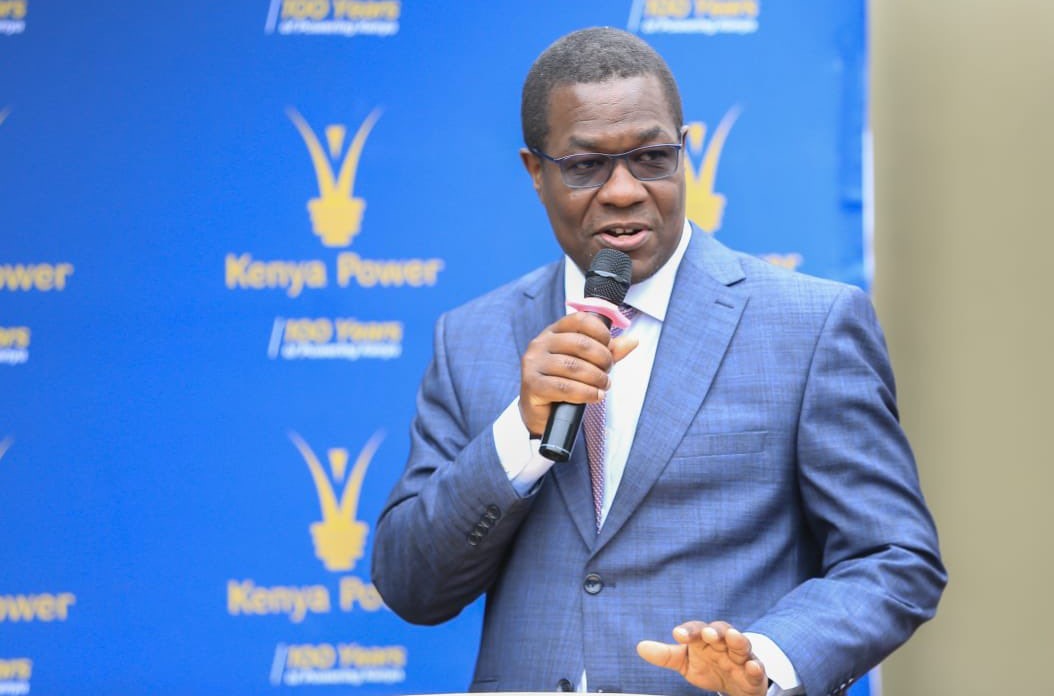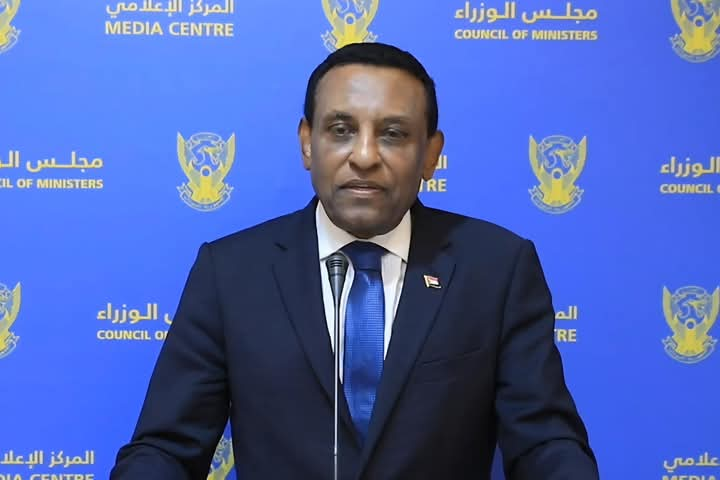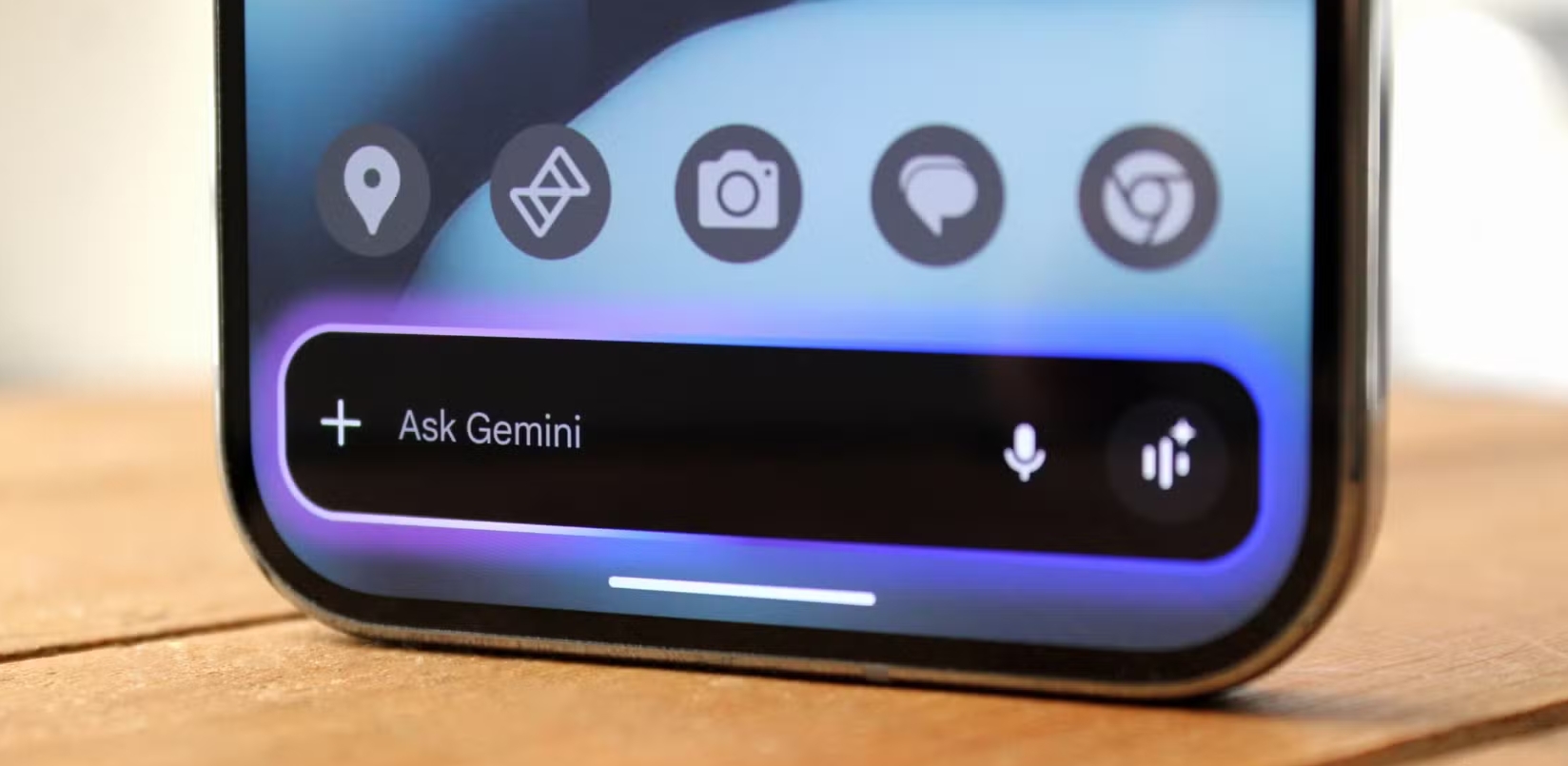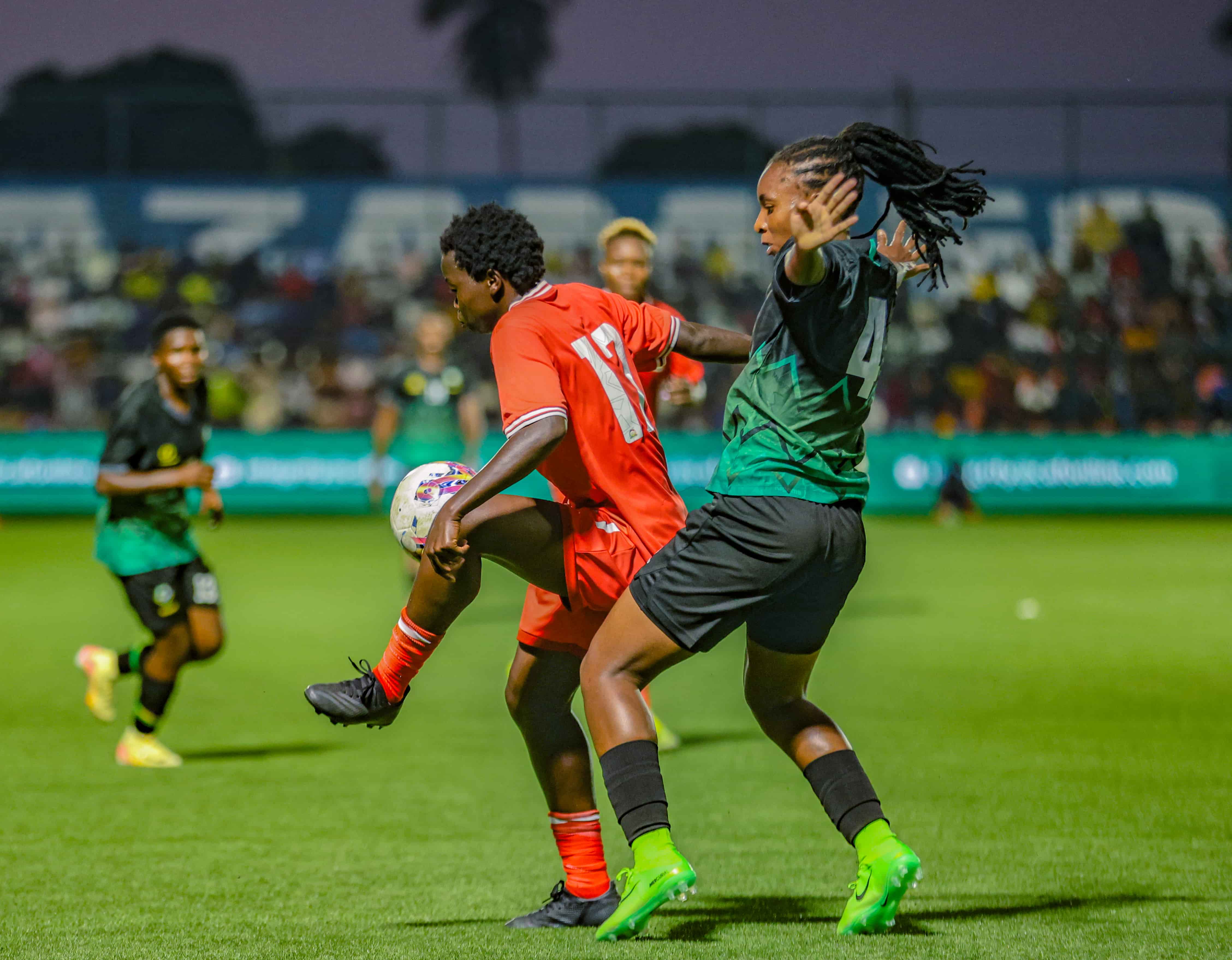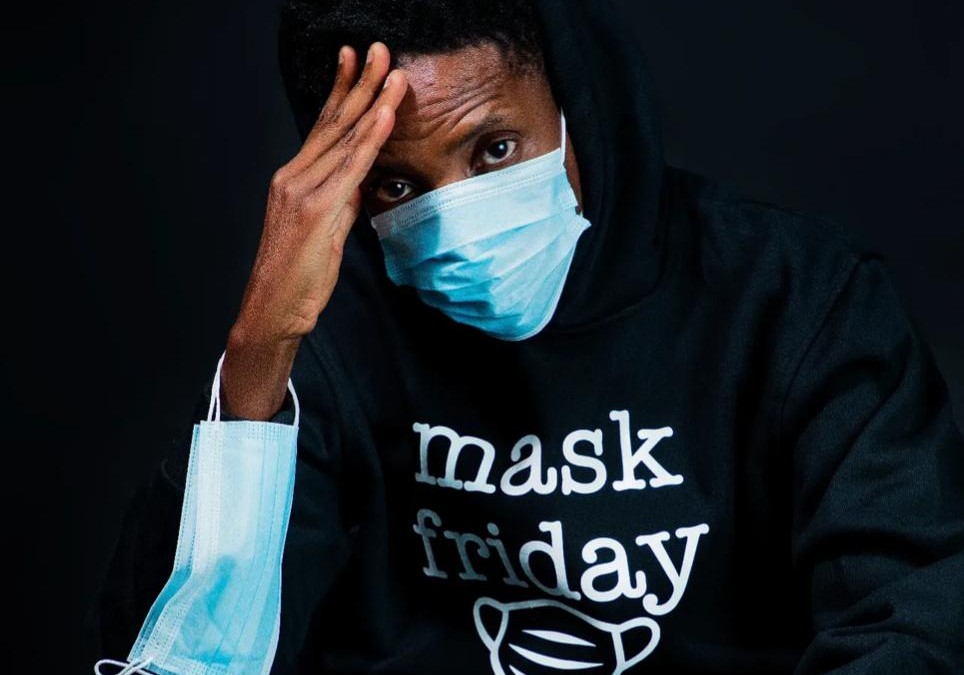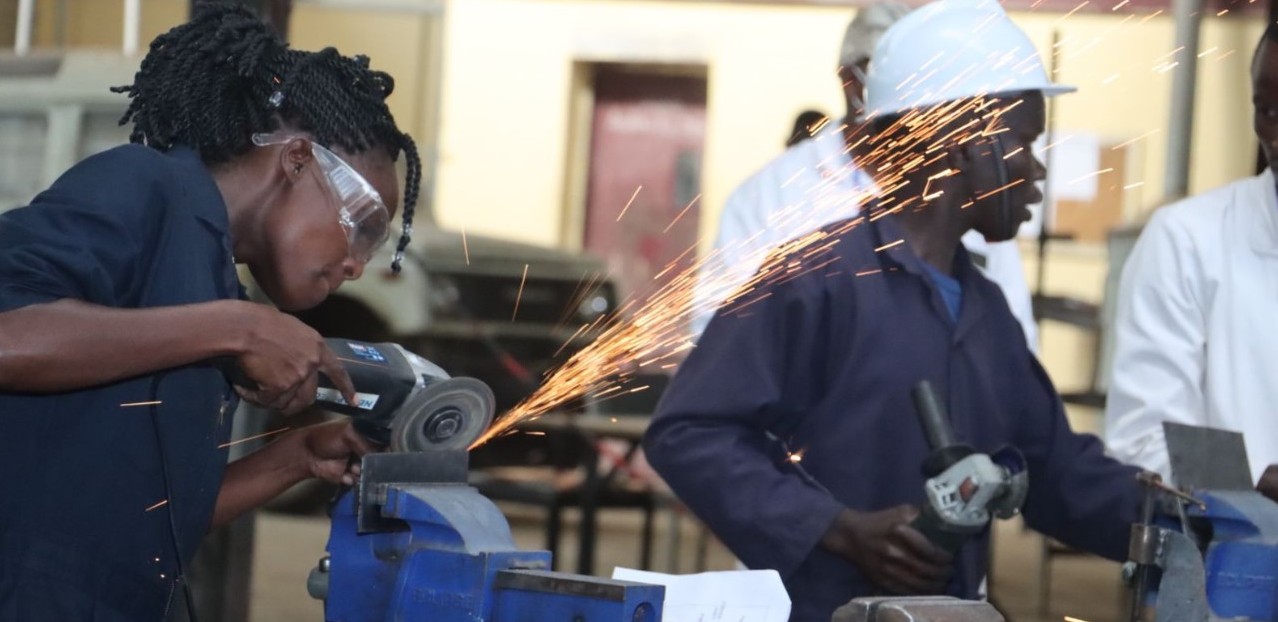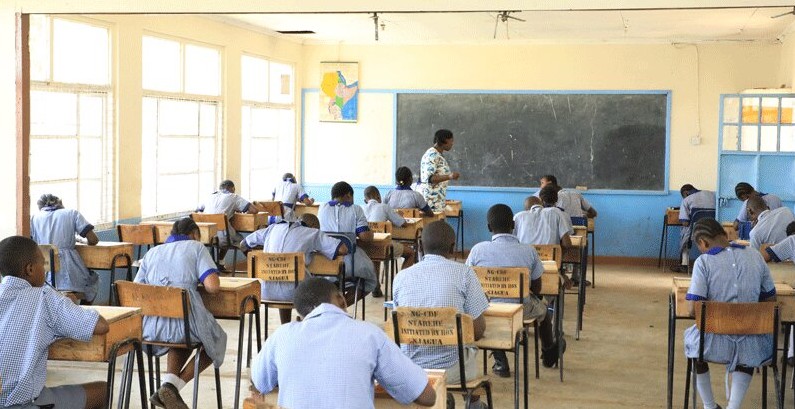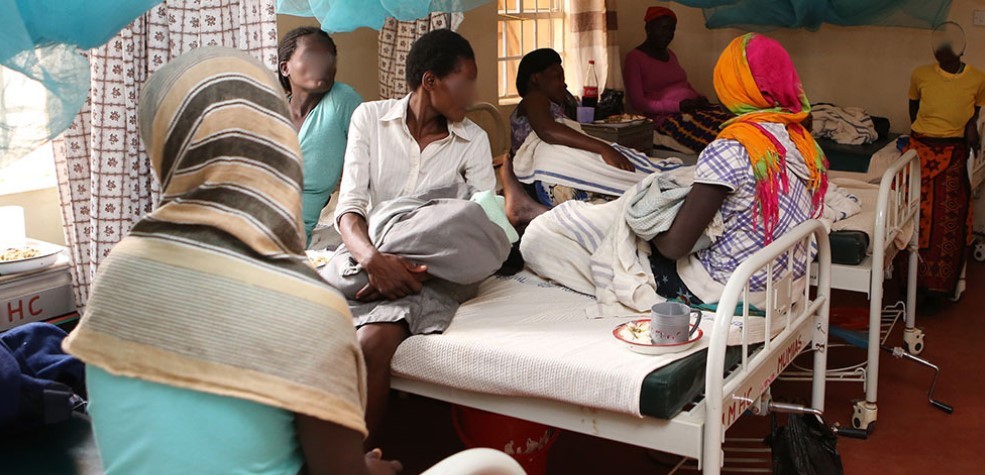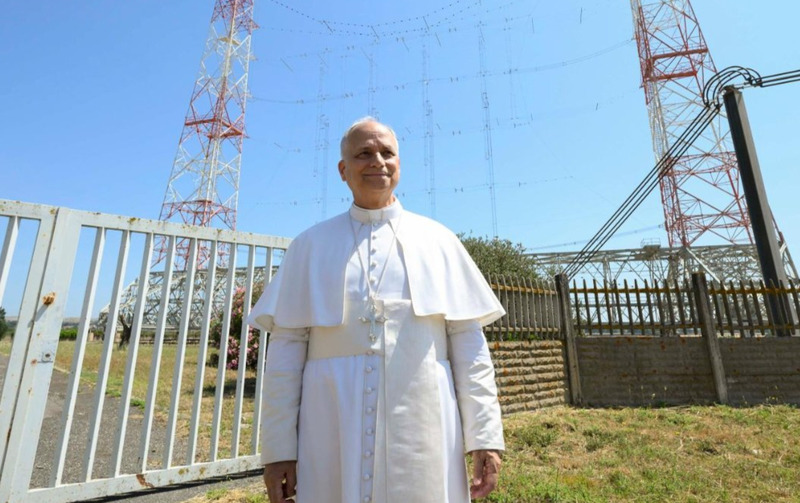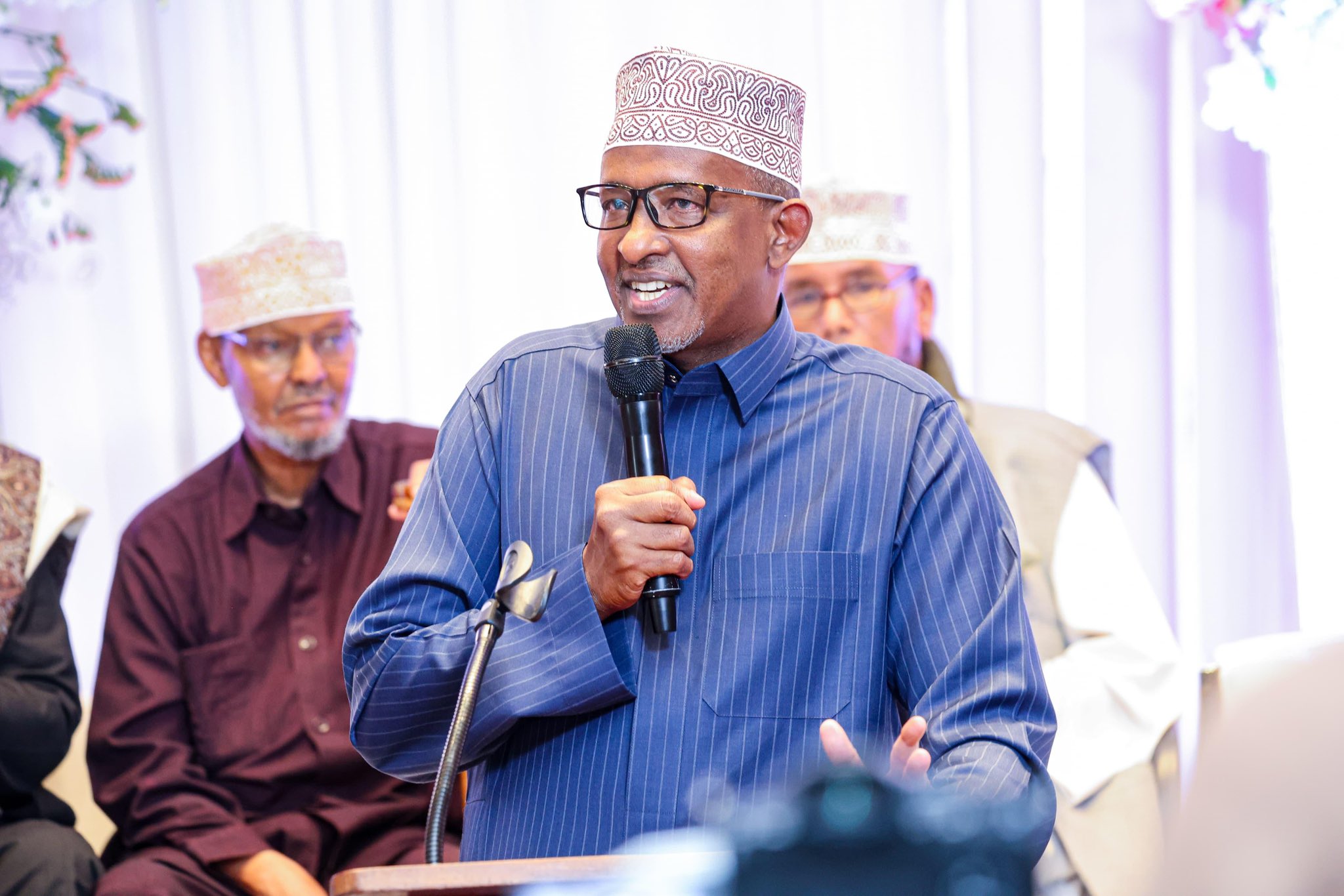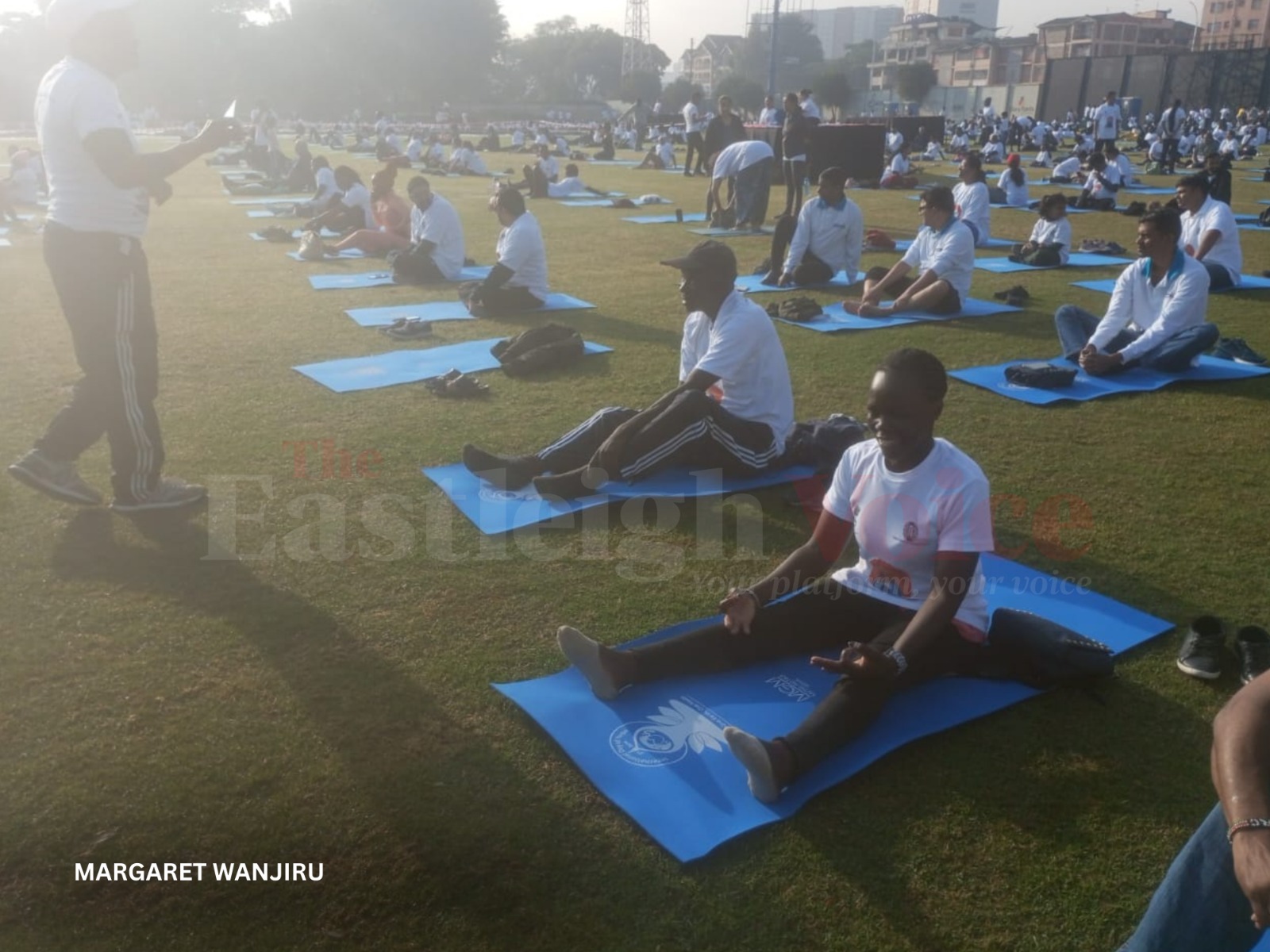We should all speak against injustices in Kenya - Houghton Irungu
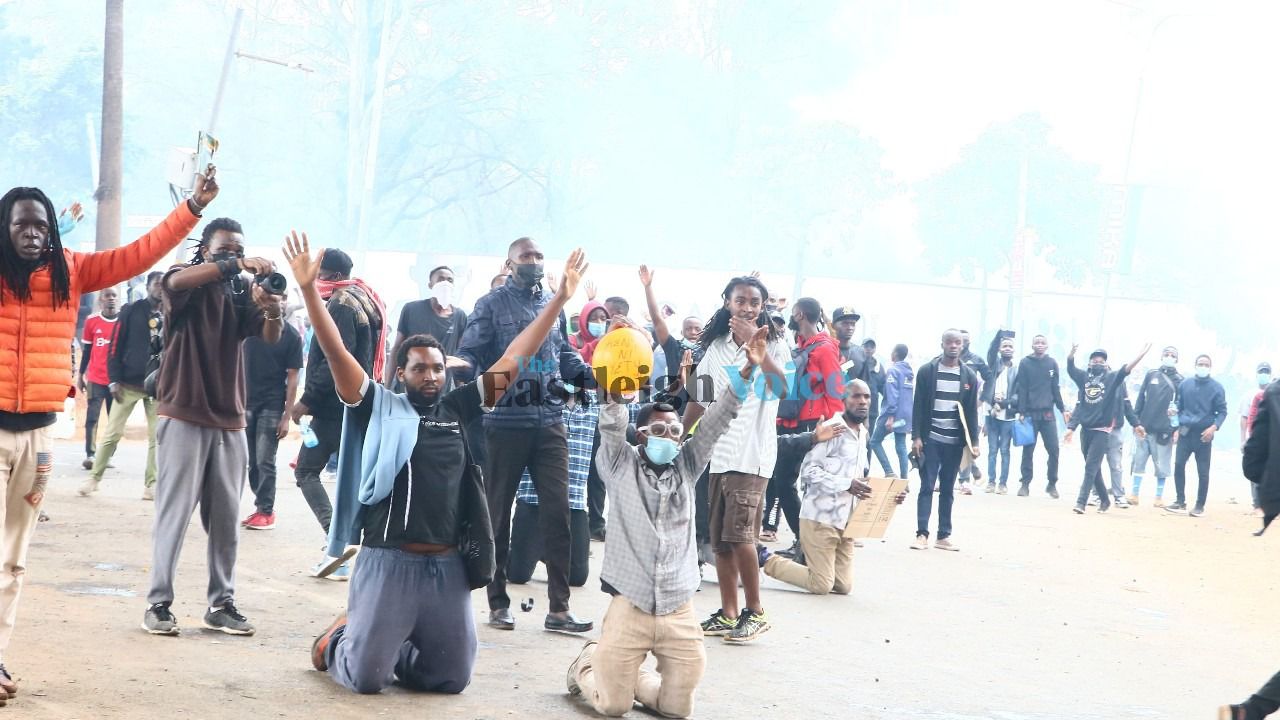
While we have one of the best constitutions and some of the best laws in the world, we still do not have equality under the law.
Amnesty International Executive Director Houghton Irungu believes Kenya has one of the best laws in the world, yet human rights abuses persist. He spoke to The Eastleigh Voice's Barack Oduor on the state of human rights in the country and the hope of a country free from corruption and abuse of the law.
As a leading human rights campaigner in Kenya and beyond, what is the state of human rights in the country today?
More To Read
- Collins Ouma: How guard who faced wrongful arrest, police brutality ended up getting justice after 12 years
- Activists propose arrest powers for IPOA amid rising cases of police brutality
- Charles Owino defends police, slams politicians over protest chaos
- Explainer: Who assumes office when a DIG 'steps aside'?
- Former CJ David Maraga declares 2027 presidential bid, promises integrity-led leadership
- UK, Netherlands condemn police brutality in Nairobi, demand independent probe
Most Kenyans are economically distressed, worried about the future, and losing faith in national and county governments. Rising living costs, punitive taxes, and mandatory contributions have plunged many into debt. Rising identity-based discrimination and extremism drove hundreds of deaths in Shakahola, fueled 1,250 hate crimes against sexual minorities, and triggered that horrendous attack on baby Sagini and the recent spike in femicide cases against women.
On the more hopeful side, there has been considerable progress in digitising government services, with a 15.8 per cent reduction in extrajudicial killings and enforced disappearances. Citizens and civic organisations have also picketed, spoken up, and litigated against excessive taxes, mass breaches of data privacy, corruption, and abuse of office. The recent commencement of the Public Benefits Organisations Act (2013) is a huge win for those who believe in keeping civic space open.
You recently referred to a Mzalendo Trust study that confirms suspicions that strategic lawsuits are being increasingly used to legally intimidate citizens from expressing criticism of individuals in public offices by urging Kenyans to guard their right to criticise and hold all state officers accountable. Can you explain this further?
Strategic litigation has always been a powerful tool for checking human rights abuses and the abuse of public resources. Unfortunately, we have started to see a consistent pattern of elected and appointed public officials using government resources to file strategic litigation suits against whistle-blowers who seek to criticise and hold them accountable. Kenyans must jealously guard their constitutional right to dissent based on evidence even in the face of impunity, repression, and fear.
Amnesty International Kenya launched the Amnesty International 2023/2024 Global Annual Report recently. What are the main issues in the report in terms of shedding light on duty bearers’ failures to promote, protect, and observe human rights as you emphasise their impact globally, regionally, and locally?
The world is not in good space frankly. Russian aggression against Ukraine, the relentless bombing of the Palestinian people by Israel, and conflicts in Sudan, Ethiopia, and Myanmar have punctured any remaining vestige of public confidence in an international system that will protect human beings against massive violations of international humanitarian and human rights law.
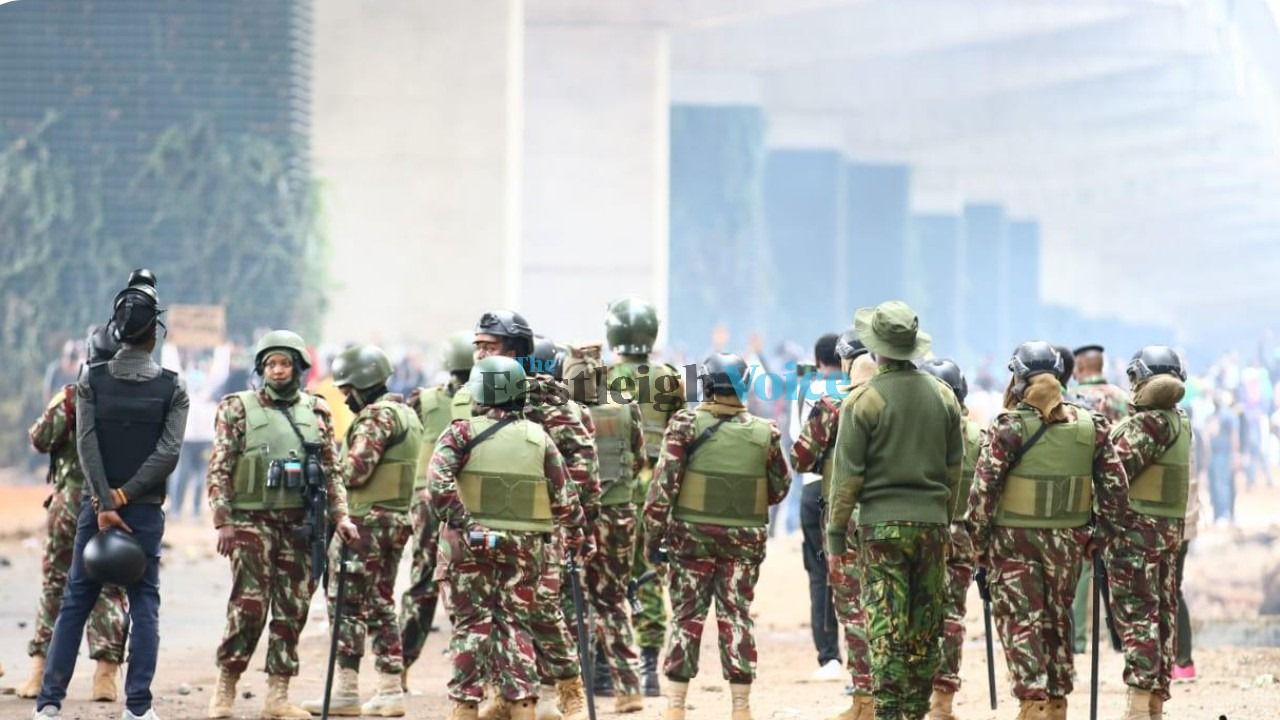 Police disperse anti-Finance Bill protesters in Mombasa on June 20, 2024. (Photo: Farhiya Hussein)
Police disperse anti-Finance Bill protesters in Mombasa on June 20, 2024. (Photo: Farhiya Hussein)
More encouragingly, millions marched and petitioned for peace, housing, and reproductive health, and against fossil fuels and corruption in most regions of the world. Their passionate protests exposed the manipulation of United Nations mechanisms, diplomatic doublespeak, and disregard for civilian lives by the most powerful nations in the world. A decade ago, I learned an important lesson climbing Mt Kilimanjaro. The darkest and hardest of paths also give way to peaks and the most wonderful of views, if we keep moving forward.
You wrote that Inspector General of Police Japheth Koome missed the point on how officers should respond to crisis and asked that he be held personally liable should anything happen to the striking medics. How should police respond to a crisis?
Protests, marches, and picketing of public offices are the only avenues frustrated and hopeless citizens have when the government appears to be moving in the wrong direction and not listening. While there are some important exceptions, the way some police commanders currently manage pickets has regressed seven years to the 2017 electoral violence. Arbitrary arrests of protest marshals, indiscriminate tear gassing, and the refusal to receive notifications unless they “get orders from above” are some of the numerous complaints the Internal Affairs Unit, IPOA, and Amnesty have received.
Legally, the role of police officers is to facilitate the right to the assembly by ensuring neither protestor, bystander, or police officer is hurt. When they follow these guidelines, protests remain non-violent and are an opportunity for policy dialogue and raising public awareness in the spirit of Article 1.
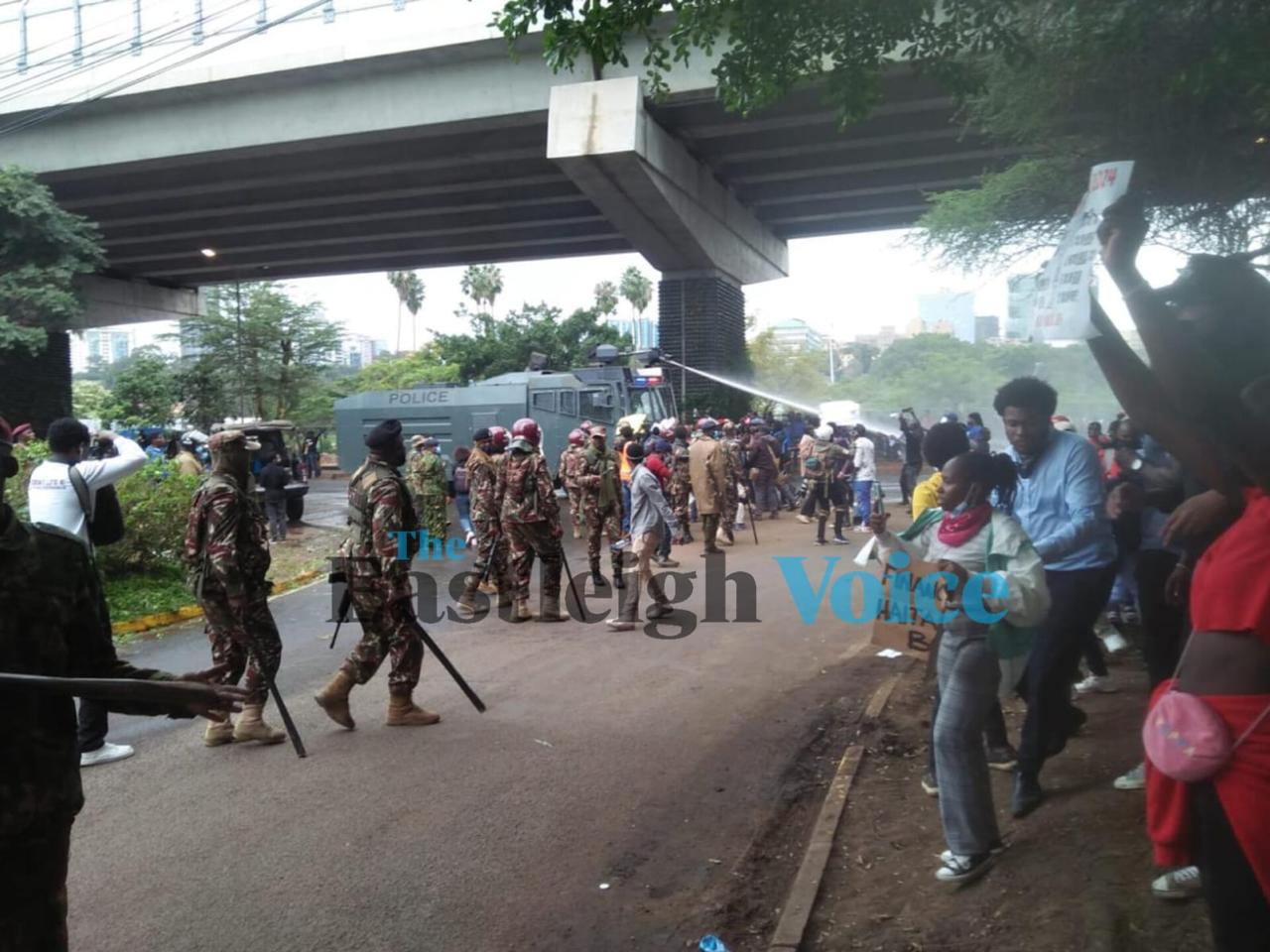 Police use water canons to disperse protestors on Uhuru Highway on June 20, 2024. (Photo: Barack Oduor)
Police use water canons to disperse protestors on Uhuru Highway on June 20, 2024. (Photo: Barack Oduor)
Most police brutalities, enforced disappearances, extrajudicial killings, and excessive use of force happen in informal settlements and rarely in middle-class or rich societal settings. What informs this trend?
Sadly, while we have one of the best constitutions and some of the best laws in the world, we still do not have equality under the law. Unlawful police violence is first and foremost the failure of development policy. Poor education, housing, and no jobs produce the grounds for radicalisation and crime. Corruption and impunity, weak community-police relations, and delayed court processes erode confidence in the justice system for all. If we can turn around these, the misery in our informal settlements and the fear in middle-class neighbourhoods would cease.
Exactly 40 years later, justice has remained nothing but a mirage to the people of Wagalla following the Wagalla massacre. The only tangible milestone the suffering families have achieved so far is the acknowledgement, through the Truth Justice and Reconciliation Commission Report, that these atrocities were visited upon them by their government. Do you think the recommendations of the report will ever be implemented?
The late Chief Bishar would tell us, nothing comes from silence or denial. The children of the parents who died or survived the Wagalla massacre must keep their memory alive for all Kenyans, not just Wajir County. Forty years on, the massacre remains one of the worst national security incidents in our post-independence history. While pressing for the full implementation of the TJRC report, we must also call for an end to mass violence and fear in Baringo, Lamu, Pokot, and elsewhere. Like Wagalla, intense competition for scarce natural resources, poverty, and intolerance drive these conflicts.
What makes it difficult for the government to implement reports such as the Ndung’u Land Report, Kriegler Report, and other reports that gather dust on government shelves?
Two words. Power and privilege. There are just too many interests that politically and economically benefited from the land-grabbing and thievery of the 1990s one-party regime. While it remains important to press for action to be taken, we must focus our minds on the health, agricultural, and other procurement-related scandals that are currently happening nationally and in our counties.
Kenyans of Somali origin have continued to suffer discrimination during the acquisition of national identification documents such as passports and identity cards. They have in the past suffered harassment during terror mop-up exercises. How can the country end such violations?
Amnesty International has risen several times over the last decade to prevent Somali asylum seekers from being decamped from Daadab and forcibly returned against their wishes (2020, 2022), to stop mass profiling and arrests (2014), and to have the Kenyan Somali community treated equally in the new Maisha Namba registration system.
Like other ethnic nationalities, ethical leadership with a national outlook is key for Kenyan Somalis now. History tells us corrupt and unaccountable leaders will sell their community every time. If we can raise a nation of human rights defenders for all human beings, we will end all violations.
Top Stories Today
